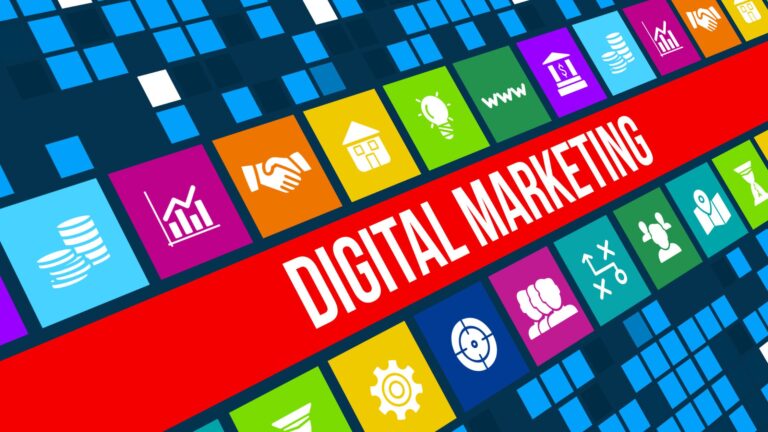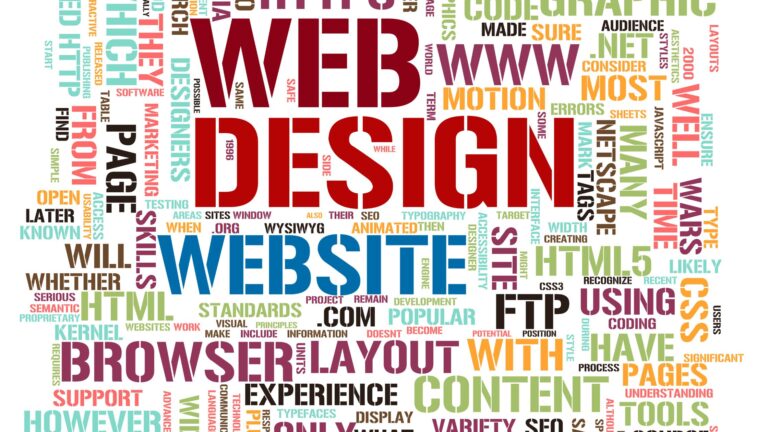The digital marketing landscape is in a constant state of flux, driven by rapid technological advancements and shifting consumer behaviors. As technology continues to evolve and consumer behaviors shift, the strategies that once worked may no longer be as effective. For businesses to thrive in 2024, they must adapt to new developments and integrate innovative approaches into their marketing efforts. At CubiKode, we understand the importance of keeping our clients at the forefront of these changes. This blog will delve into the most significant digital marketing trends for 2024, offering insights into how these advancements can enhance your marketing strategy. From leveraging AI for automation to harnessing the power of video content and exploring the benefits of blockchain, these Digital Marketing Trends will shape the future of digital marketing. Embrace these trends to not only stay relevant but to lead the way in a rapidly evolving digital landscape.
1. AI-Powered Marketing Automation
Definition: Artificial Intelligence (AI) is revolutionizing marketing automation by enabling personalized customer interactions at scale. AI tools analyze data to predict consumer behavior, automate repetitive tasks, and deliver targeted messaging.
Benefits: AI-powered marketing automation improves lead nurturing, enhances customer segmentation, and optimizes ad targeting based on real-time data insights. This results in increased efficiency and more personalized customer experiences.
2. Enhanced Customer Experience (CX)
Focus on Customer Experience (CX): Businesses are prioritizing seamless customer experiences across all touchpoints, from websites to social media interactions and customer service.
Personalization: Tailoring content and offerings based on customer preferences and behaviors is crucial for increasing engagement and satisfaction. By leveraging customer data, businesses can create personalized experiences that resonate with their audience.
3. Voice Search Optimization
Rise of Voice Assistants: With the growing popularity of devices like Amazon Alexa and Google Assistant, optimizing content for voice search is becoming imperative.
SEO Strategies: To capture voice search queries, businesses should focus on long-tail keyword optimization, providing concise answers in featured snippets, and implementing local SEO strategies. This will help improve visibility and drive more organic traffic.
4. Augmented Reality (AR) and Virtual Reality (VR)
Interactive Experiences: AR and VR technologies are enhancing customer engagement through immersive experiences in digital marketing campaigns.
Applications: Examples include virtual product trials, interactive storytelling, and virtual tours to showcase products and services. These technologies offer unique ways to connect with customers and provide memorable experiences.
5. Video Marketing Dominance
Importance of Video: Video continues to dominate digital marketing strategies, with platforms like YouTube, TikTok, and Instagram Reels driving engagement.
Live Streaming: Real-time interactions with audiences through live videos, webinars, and Q&A sessions help build authenticity and trust. Video content is highly engaging and can effectively communicate brand messages.
6. Sustainability and Ethical Marketing
Consumer Awareness: There is a growing consumer preference for brands that demonstrate environmental sustainability and ethical practices.
Brand Messaging: Incorporating sustainability into brand narratives, transparent communication about eco-friendly initiatives, and corporate social responsibility (CSR) are essential for building trust and loyalty with modern consumers.
7. Blockchain Technology in Digital Advertising
Transparency and Security: Blockchain ensures transparency in digital advertising by verifying ad delivery and combating ad fraud.
Decentralized Platforms: The adoption of blockchain for programmatic advertising, smart contracts, and secure data management enhances trust and efficiency in digital advertising processes.
8. Predictive Analytics and Big Data
Data-Driven Insights: Leveraging predictive analytics and big data allows businesses to anticipate trends, optimize marketing campaigns, and personalize customer experiences.
Behavioral Analysis: Analyzing consumer behavior patterns helps forecast purchasing decisions and tailor marketing strategies accordingly. This data-driven approach enables more effective and targeted marketing efforts.
Conclusion
The digital marketing landscape is set to be defined by groundbreaking technologies and evolving consumer expectations. Embracing Digital Marketing Trends such as AI-powered marketing automation, enhanced customer experiences, voice search optimization, and the immersive possibilities of AR and VR will be crucial for staying ahead of the competition. Additionally, the growing importance of video content, sustainability in marketing, blockchain technology, and data-driven insights will play pivotal roles in shaping successful marketing strategies.
By adopting these trends, businesses can connect more deeply with their audiences, drive meaningful engagement, and achieve sustainable growth. At CubiKode, we are committed to helping our clients navigate these trends and leverage them to their advantage. Don’t let the future of digital marketing pass you by. Partner with CubiKode today to stay ahead of the curve and drive your brand’s success.





